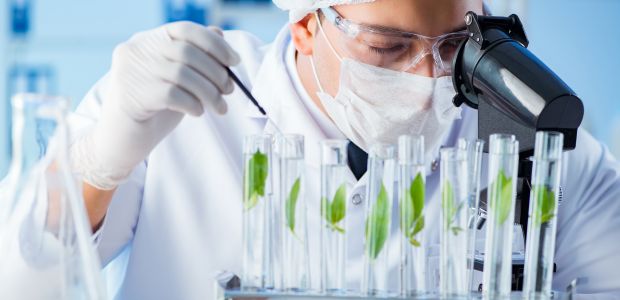Plastic
Schedule a MeetingPlasticIndustry
Polymeric, synthetic plastics are used in the manufacturing of several things, and we, at Nishka Research, determine the chemical, physical, and mechanical properties and features of a plastic testing equipment.
The use of synthetic polymers has increased over the years. Whether it is polyvinyl chloride plastic or Teflon, several polymeric plastics are now being used. Thanks to the versatility of the compounds and their flexibility of utility, most things are nowadays made with different polymers. Different types of polymers are being manufactured, plastic being one of them. Plastics are mainly manufactured from the lower group of hydrocarbons at other chemical and physical conditions to obtain the desired results. And to examine their quality and properties, Nishka Research offers several plastic lab testing and analytical services.
Our Clients From Plastic/ Polymer Industry
Plastic Testing:
We examine a wide range of plastic polymers, starting with polyethylene, polypropylene, PVCs, Teflon, Nylon-6, Nylon-6,6, etc. We make sure that our experts do meet our client’s demands and examine the raw materials and finished products of all kinds.
Types of Plastic Tests & Analytical Methods Implemented at Nishka Research:
Nishka Research has become a reputed name in the market because of the wide range of testing methods we practice on one particular sample. We believe in accuracy and precision, and to obtain it, we know a couple of tests wouldn’t be enough. For this reason, we have adopted several different testing techniques like:
- Abrasion testing: Through this process, we determine the endurance level of every plastic product against external abrasions that physical elements or chemical compounds might cause.
- Strength analysis: Different polymers have varied levels of strength. For example, PVCs are more rigid and robust as compared to polypropylene polymers. So, to determine the strength vortex of different polymers, we conduct the strength analysis.
- Flammability analysis: Plastics and other kinds of polymers are highly flammable. So, for ensuring safety performance, we conduct flammability tests to ensure the ignition temperature, the total energy value to be released after inflammation, the type of chemical reaction the polymer will undergo, and others.
- Conductivity tests: Plastics and polymers are usually poor conductors of electricity as they are formed from non-ionic bonds between the monomeric units. This is why our conductivity tests will determine the plastic or the concerned polymer’s power to conduct electric force.
- Viscosity analysis: With this test, we understand the flow and viscosity properties of a plastic or monomer in its molten or liquid test.
- Hardness analysis: Since plastics are not only used in the manufacturing of different plastic bags, we make sure to include hardness testing also in our list of services. We can conclude the total tensile strength, the elasticity coefficient, the bulk hardness intensity, and other parameters with this testing.
Why ChooseNishka Research
Our lab is equipped to handle a wide range of plastic types and test parameters, ensuring precise results for mechanical strength, flammability, abrasion, conductivity, and more. With a strong focus on accuracy and compliance, we help manufacturers meet both industry standards and client expectations. Partnering with Nishka Research means working with a team that’s committed to quality, innovation, and supporting your product’s journey from concept to market.
Looking for a trusted partner to achieve your research goals? schedule a meeting with us, send us a request, or call us at +91 78427 98518 to learn more about our services and how we can support you.
Need help or have a question?

Nishka Research Brochure
We deliver next-gen research services, Testing & Consultation know more..
